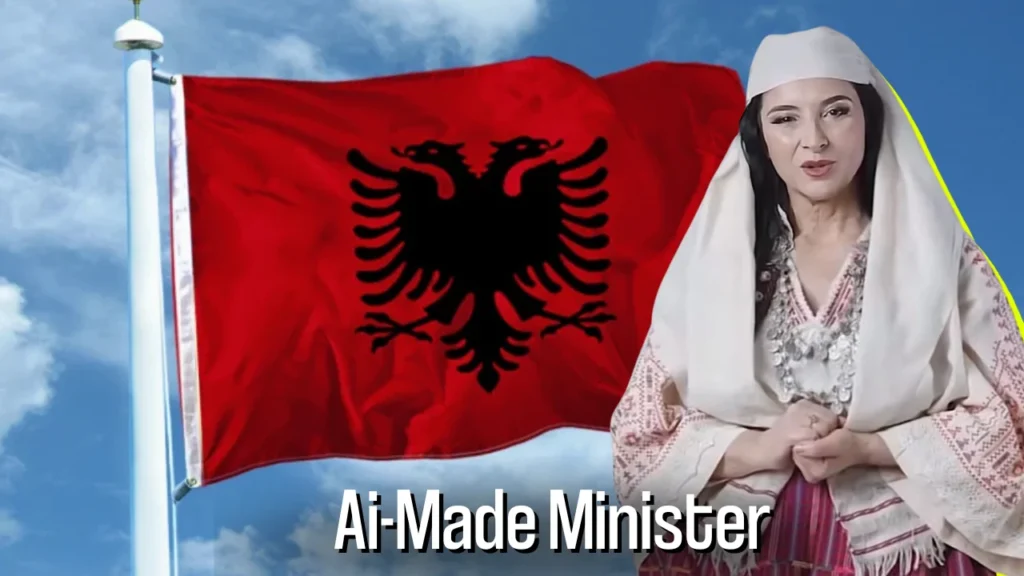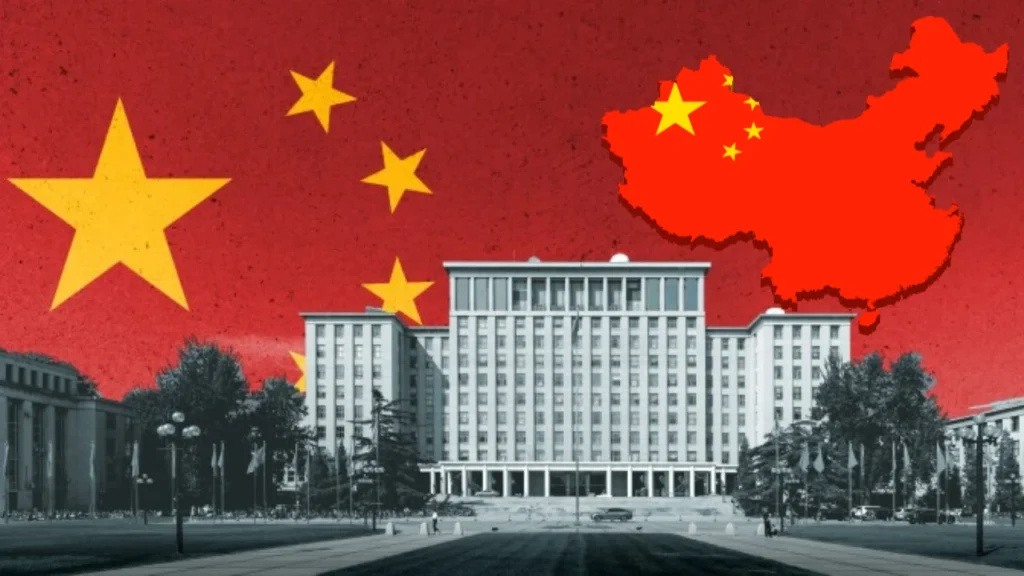Albania has appointed Diella as its first AI-created minister, aiming to reform the way public tenders work. Prime Minister Edi Rama introduced Diella following his party’s victory in the May election. Leaders expect the virtual minister to oversee every public tender decision, ensuring full transparency and zero corruption. Diella will handle the processes that distribute millions in public funds across procurement contracts, removing the opacity that has plagued such systems for years.
Corruption via public tenders has long undermined public trust in Albania. Experts point out that such contracts often become vehicles for graft, favouritism, or money laundering. The government believes that injecting AI into decision making could disrupt entrenched practices. Joining the European Union hinges, in part, on credible anti-corruption efforts. Rama has declared that Albania could be ready for EU accession by 2030, if reforms stick.
Diella first appeared in January as a virtual assistant on the e-Albania platform. Citizens and businesses could use voice commands to apply for state documents. Digital stamps, faster workflows, fewer middlemen became the norm in many routine tasks. By now, Diella has processed over 36,600 digital documents and delivered almost 1,000 services.
Expectations remain high for full coverage of public tender oversight. Diella must make the submission, review and award phases fully visible. Ramifications could be serious if AI is manipulated or oversight lapses. The government has not clearly explained who will monitor Diella, or how potential biases will be corrected.
What this really means is that AI becomes an institutional puppet in a system where human accountability must adapt. Albania is betting on Diella to deliver a corruption-free procurement apparatus. If the virtual minister succeeds, other nations may follow. If it fails, citizens risk losing confidence in both AI tools and democratic ideals.





















